DEFENCE
DEFENCE
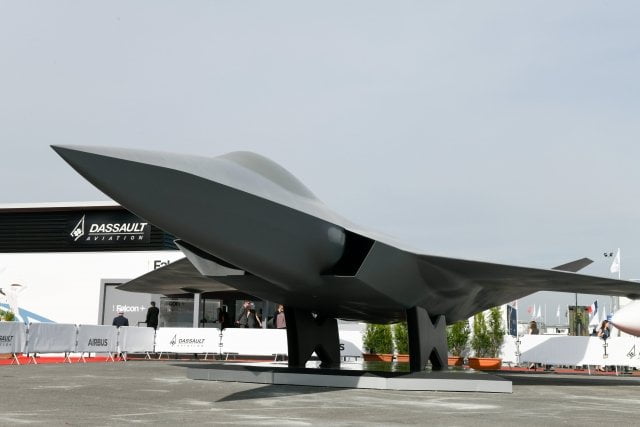
The Frankfurter Allgemeine Zeitung newspaper headlines “The determining step for fighter jets” and writes that “Germany, France and Spain are making progress on FCAS. A prototype is set to fly in 2027. But will the Greens support the project?”
According to the report, the most expensive armaments project in Europe is making progress. After a long dispute over responsibilities over the € 300 billion FCAS (Future Combat Air System), Germany, France and Spain have settled their differences. Especially in Paris, the “agreement in principle” was celebrated yesterday. “France, Germany and Spain are creating one of the most important instruments for their sovereignty and that of Europe in the 21st century,” said Defence Minister Florence Parly. It is now certain that the prototype of the future fighter jet will take off. The prototype aircraft of the future will fly in 2027, paving the way for the aircraft to be operational in 2040,” he said.
The Ministry of Defence in Berlin spoke of a “smooth continuation” of the project. It is now up to the Federal Parliament to secure further funding. As of June 21, MPs will consult on a 25-million-euros proposal. In total, the next phase of development of the project is expected to cost 3.5 billion euros. Germany, France and Spain will bear one third of the cost each, it was said in Paris. The cost of the prototype is not included in this amount. Initially, fighter jets as well as related unmanned and information systems will be further developed. If all goes according to plan, the second phase will begin in 2024. An additional 7,000 new vacancies will be created in the three countries.
The agreement that has now become known stipulates that Dassault will lead the development of the fighter aircraft. The engines will be produced in collaboration with the French company Safran and the German MTU. The principle of the “best athlete” applies, they say in Paris. It is important that there are no so-called “Black Boxes”, i.e. fields to which partners will not be allowed access. In France, there was great concern for MTU, as the Munich-based company is working with Rolls-Royce.
In Paris there is now relief, because sometimes there was the impression that we are once again back in the 1980s. At that time, the Rafale fighter aircraft would be developed in cooperation with Germany and Great Britain. However, a few months after the contract was signed, at the end of 1984, the project failed due to disagreements over who would lead and how the project would be distributed. France proceeded on its own, while Germany and Great Britain developed the Eurofighter. Recently, negotiations for the FCAS have again focused on the division of labor, intellectual property (patents) and usage rights.
Also read: Germany | Defence projects at risk due to underfunding, according to Reuters
French President Emmanuel Macron and German Chancellor Angela Merkel voted in favor of the project at a Franco-German Security Council summit in February. However, negotiations continued at a slow pace.
The fact that Spain joined the project in 2019 did not facilitate the talks. At the same time, the three countries fear competition from Great Britain, which won the cooperation of Sweden and Italy for the Tempest fighter jet system. The mistrust between the French and German armament manufacturers made the negotiations even more difficult. Dassault openly suspected that Germany wanted to appropriate French know-how and patents. At a hearing before the French Senate in March, Dassault Chairman Eric Trapier said: “And when you talk to me about the other partners in the project, you should know: It was not me who chose Germany. It was the French state.”
Probably the largest and most expensive European armaments project of the following decades was agreed shortly after Macron was elected on July 13, 2017 during Merkel’s first visit to the Elysee. In Paris, the pace has picked up, as the decision on the next phase of development will have to be made before the federal elections. President Macron is concerned about the possibility of joining the Greens’ government, as he is not sure they support the project.
Greens spokesman for Defence, Tobias Lindner, told FAZ: “In any case, a long period of uncertainty seems to have ended with the agreement in principle for the next phase of development. But it is not enough to have an agreement. It must also be sustainable in terms of content. It is important that the framework is correct and that mistakes such as those related to the European A400M transport aircraft are not repeated. The details of the deal will be considered ‘very carefully’ in the coming weeks. This concerns both the division of labor and the intellectual property of the results of the development of the aircraft. There will be no automation,” Lindner continued, “despite the European nature of the project.”
Also read: Main Ground Combat System (MGCS) and the participation of Greek company
F/A-XX | Awaiting Developments on US Navy’s Sixth-Generation Stealth Fighter Plans
The US Navy is expected to announce this week who will be awarded the “golden contract” to develop its next-generation stealth fighter…
Endeavor Manta | Taiwan’s New USV
Taiwan has introduced its first indigenous unmanned surface vehicle (USV) as part of its efforts to develop asymmetric…
Ukraine | The New Katran VENOM USV Presented
Recently, Ukrainian officials have confirmed the development and combat deployment of a new Ukrainian Unmanned Surface Vehicle…
F/A-XX | Awaiting Developments on US Navy’s Sixth-Generation Stealth Fighter Plans
The US Navy is expected to announce this week who will be awarded the “golden contract” to develop its next-generation stealth fighter…
Endeavor Manta | Taiwan’s New USV
Taiwan has introduced its first indigenous unmanned surface vehicle (USV) as part of its efforts to develop asymmetric…
Ukraine | The New Katran VENOM USV Presented
Recently, Ukrainian officials have confirmed the development and combat deployment of a new Ukrainian Unmanned Surface Vehicle…
Palmas | Fake News About the Presidential Aircraft
Regarding the ongoing false and misleading reports published by the daily newspaper Alitheia, and in order to restore the actual…
HCDI | The Programmatic Horizon of Research and Development Projects for 2025
The Hellenic Defence Innovation Center (HCDI) announced its Programmatic Horizon of Research and Development Projects for 2025, which…
RAFNAR Hellas | New Shipyard in Lavrio, Expansion in Keratea, and New 62-Foot Vessel
RAFNAR Hellas has announced the official opening of its new state-of-the-art shipyard and headquarters in Lavrio, along with a…






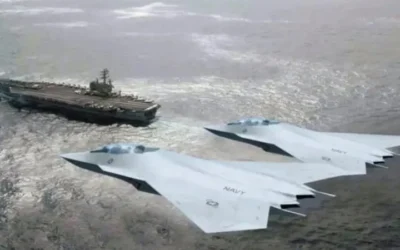
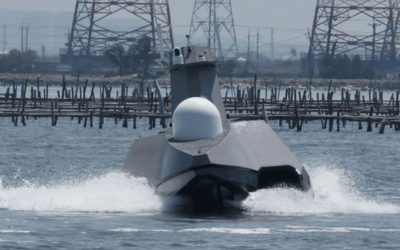
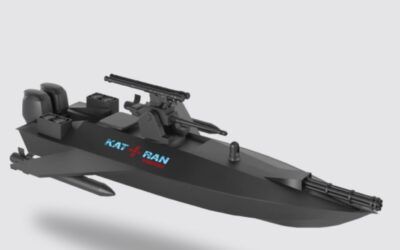
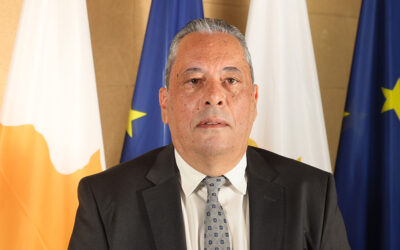
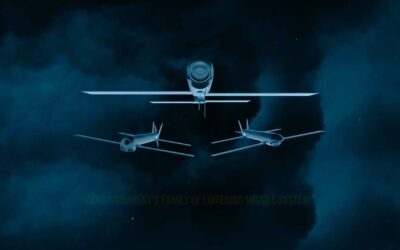
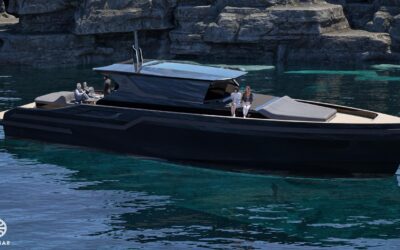
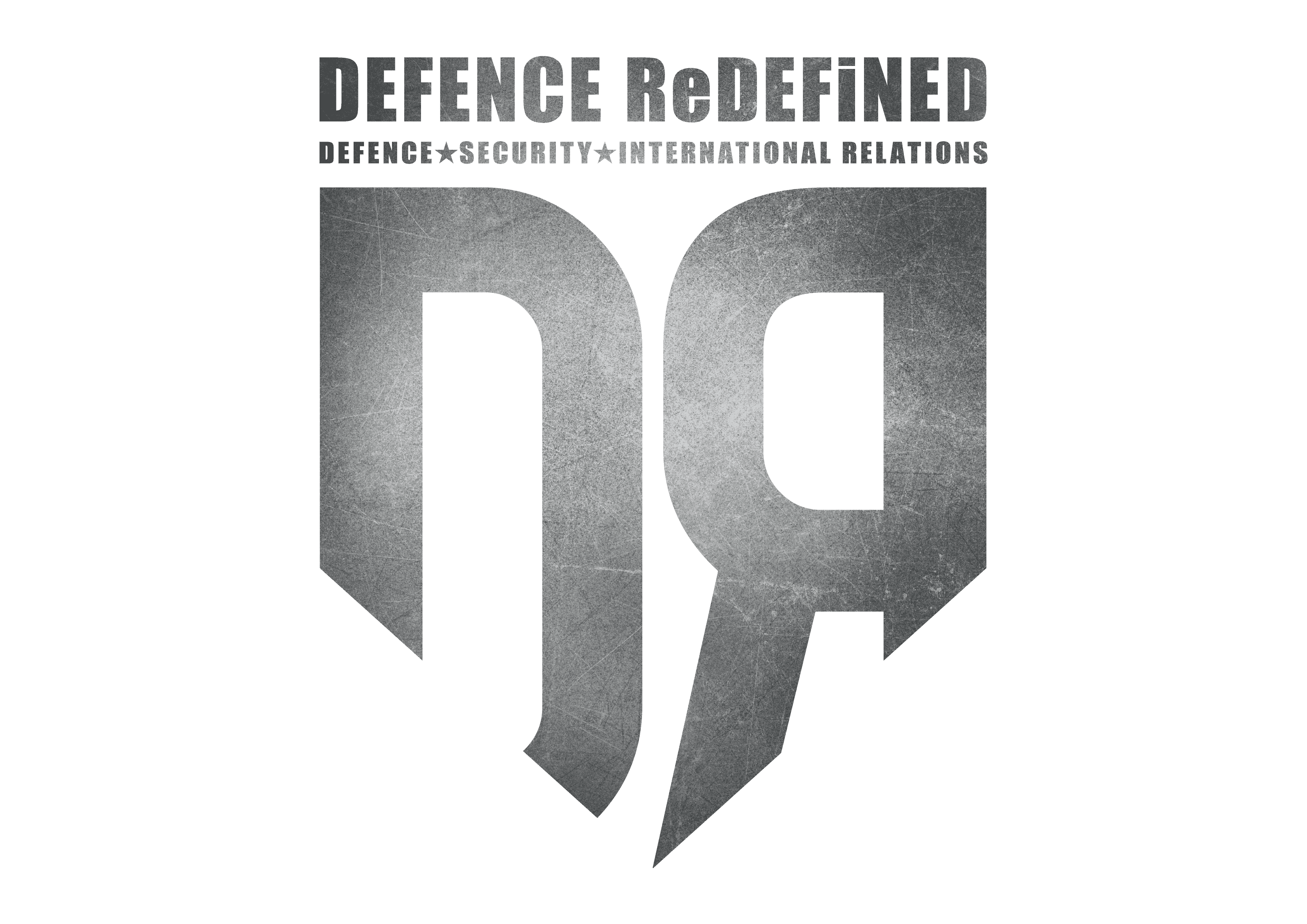
0 Comments